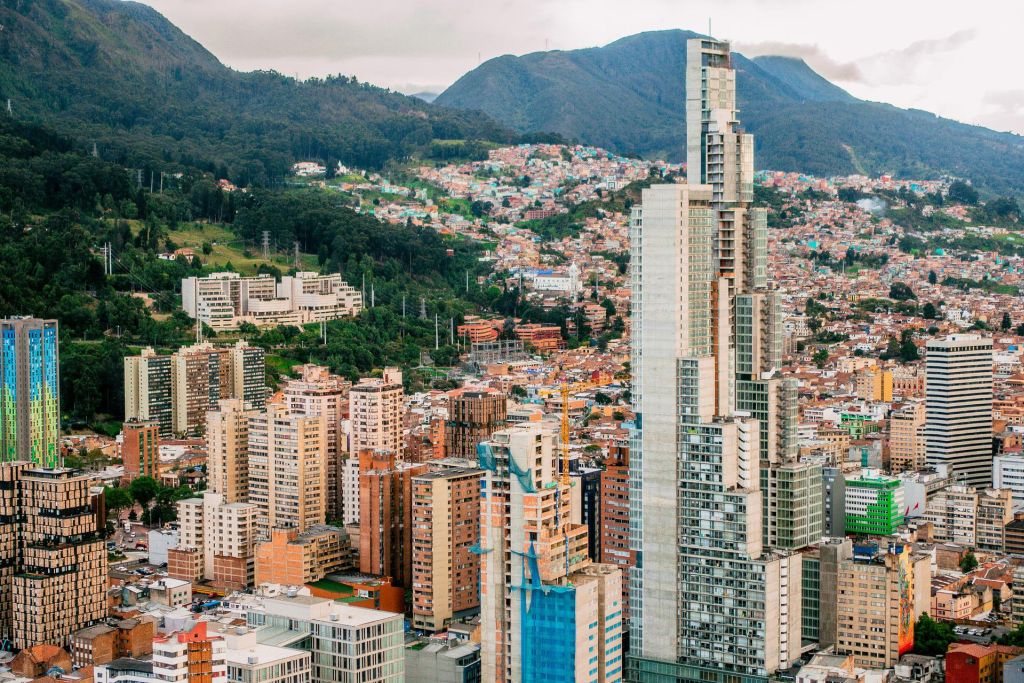The course for the future of democracies in South America is currently being set
In Colombia, a historic turning point is currently taking place with the change of president. In Chile, the draft constitution will be voted on in a few weeks. Brazil will hold its elections in October. These are all decisive events for the future of democracies in South America.
by Alexander Busch, Latin America correspondent for Handelsblatt and Neue Zürcher Zeitung
South America is in the midst of a political epochal change. This is currently particularly true of Brazil, Chile and Colombia. With 284 million people, around two-thirds of South Americans live there.
A new political era began in Colombia last week when Gustavo Petro took office. He is Colombia’s first left-wing president after many years of conservative governments. The experienced politician will have to prove that he can pacify the divided, violent country.
Colombia is one of the countries in the region with huge problems – from income concentration to drug mafias, from corruption to lack of security. But it is also one of the countries in South America with enormous economic potential, should Petro succeed in reducing tensions and bringing peace to the country.
In Chile, the population votes on the new draft constitution on September 4. The social reforms in the new charter meet the demands of the majority of Chileans. The economy is concerned about increasing state influence. If Chileans reject the draft, there could again be violent protests.
Even if Chileans approve the draft, the decisive factor will be whether the government of President Gabriel Boric succeeds in reducing the frustrations of both conservative and left-wing opponents in implementing the new constitution.
If he succeeds, then the experiment with a new constitution should be a model for many states in Latin America where people are demanding more rights and influence. If the peaceful constitutional reform in Chile fails, it will be a bad omen for democracy in South America.
But there is also a lot at stake for Chile as a business location: The Andean country is one of the countries in the region that has experienced an unprecedented economic boom over three decades. If the government can continue the constitutional process with a high level of acceptance among the population, Chile will continue to benefit from its top position as a supplier of raw materials to the world.
Finally, in Brazil, Brazilians will vote in general elections in October for, among other things, the next president: Right-wing populist Jair Bolsonaro wants to stay in office for another four years and is in second place in the election preferences. Currently, left-wing ex-president Luiz Inácio Lula da Silva is leading in the polls.
President Bolsonaro considers the electronic voting system unreliable and attacks the Supreme Court. Ex-President Lula, in turn, served time in prison for corruption. The verdict was subsequently declared invalid for formal reasons. In Brazil, too, the pressure on democracy and the rule of law has risen sharply for the first time since the end of the dictatorship in 1985.
The next government must succeed in restoring business confidence in what is by far the most important economy on the continent. In Brazil, too, stable policies combined with reforms could trigger a growth boom in a short time.
In short, 2022 will be a key year for the political and economic future of South America.






